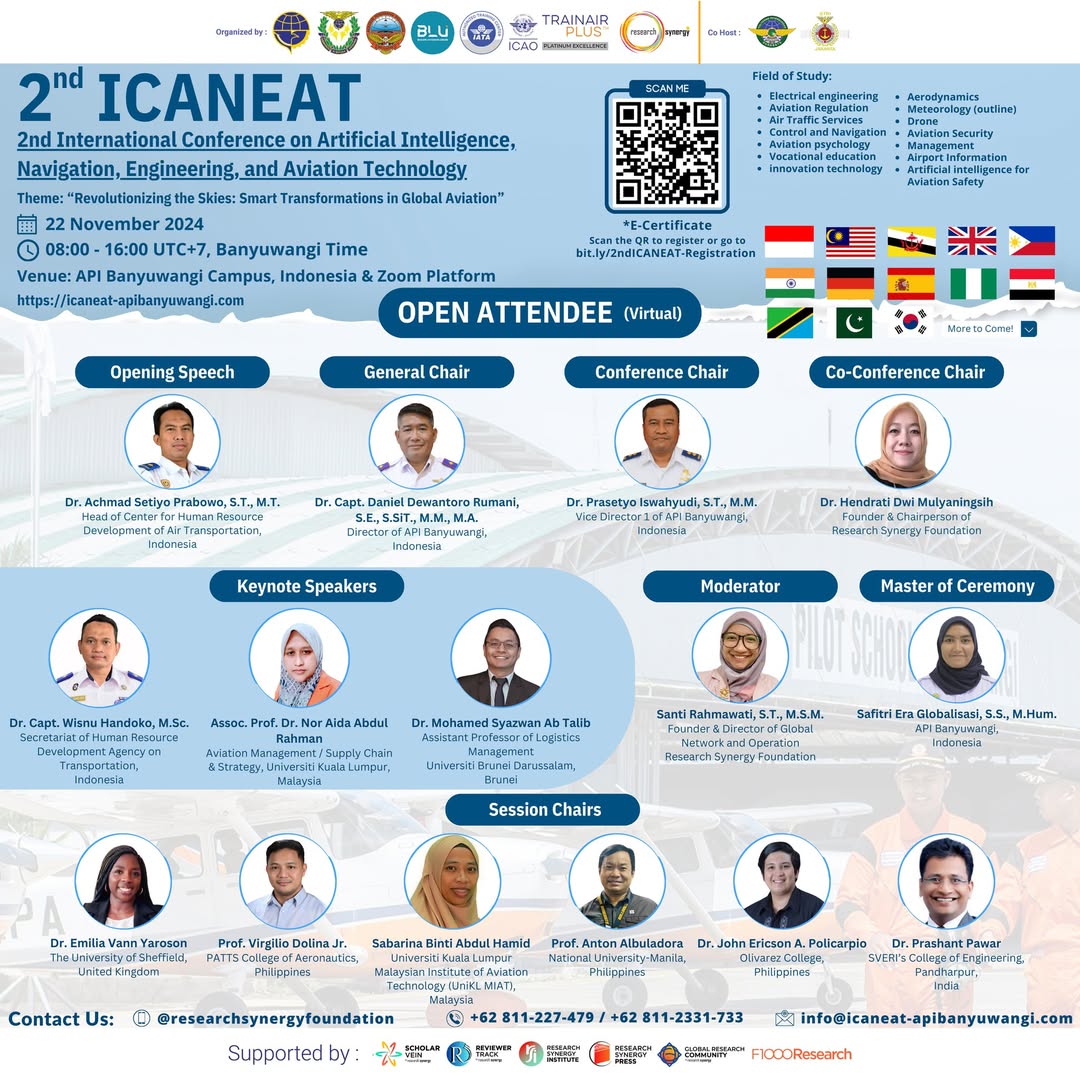Obstacles In the Implementation of Employment Agreements Between Workers and Employers In The Working Relationship
Keywords:
Constraints in the implementation of Labor Agreements, Employment relations, Law No. 13 of 2003 concerning Manpower.Abstract
The employment relationship specifically includes the relationship between workers and employers as parties that interact directly in the production process of goods and services. Law No. 13 of 2003 on Employment emphasizes that the employment relationship is the relationship between employers and workers based on a work agreement that contains the terms of work, rights, and obligations of the parties. The initial regulations regarding the rights and obligations of the parties are outlined in the work agreement. All agreements have general provisions that apply to all types of agreements, namely regarding the principles of agreements, the validity requirements of agreements, and the subjects and objects of agreements that adhere to general civil law provisions. The employment agreement governs the rights and obligations of the workers and the employers, created by the employer as an initial agreement in forming an employment relationship, thus generally being unilateral. However, in reality, the position of workers is highly dependent on the employment agreement, making their position sociologically very vulnerable to discrimination due to the nature of such agreements, especially in the event of a violation of the employment agreement. This research method uses literature study to examine the legal status of employment agreements under the Labor Law. Additionally, it outlines the obstacles faced by parties in understanding and implementing the Employment Agreement that lead to non-compliance with the employment agreement in the employment relationship. Therefore, it is necessary to elaborate on these obstacles to achieve a harmonious working relationship.
References
Aloysius Uwiyono, dkk., (2014). Asas-Asas Hukum Perburuhan, Depok: Raja Grafindo Persada.
Burhan Bungin, (2013). Analisis Data Penelitian Kualitatif, Pemahaman Filosofis dan Metodologis ke Arah Penguasaan Model Aplikasi, Jakarta: Raja Grafindo Persada.
Jaminuddin Marbun & R. J. Marbun. (2022). Pengantar Hubungan Industrial di Indonesia, Medan: USU Press.
Masitah Pohan & Rahmayanti. (2022). Legal Protection of Workers in Fostering Industrial Relations. Randwick International of Social Science Journal, 3(1).162-167.
R.J. Marbun, dkk., (2022). Perlindungan Pekerja yang Terkena Pemutusan Hubungan Kerja (PHK) Pada Masa Pandemi Covid-19 Di Indonesia, Bekasi: PT. Dewangga Energi Internasional.
R.J. Marbun., (2023). Implementasi Hukum Ketenagakerjaan Indonesia dalam Perspektif Negara Kesejahteraan, Jawa Tengah, Eureka Media Aksara.
R. J. Marbun (2024). Challenges Of the Industrial Relations Court in The Reform Era in Creating Fast, Accurate, Fair and Cheap Court. International Journal of Society and Law, 2(1), 42-48.
R. J. Marbun, & Rahmayanti, R. (2024). Penerapan Hukum Ketenagakerjaan Terhadap Pekerja/Buruh Yang Mengalami Pemutusan Hubungan Kerja (PHK). Jurnal Darma Agung, 32(1), 420-430.
Siti Nurhayati, dkk., (2022)., Jaminan Terhadap Pemenuhan Hak Tenaga Kerja, Kaitannya dengan Legalisasi Sistem Pekerja Kontrak (Outsourcing) Analisis Yuridis terhadap Undang-Undang Ketenagakerjaan, Bekasi: Dewangga Energi Internasional.
Soerjono Soekanto dan Sri Mamudji, Penelitian Hukum Normatif, (2013). Jakarta: Raja Grafindo Persada.
Yani Nur Fatimah. (2015). Penyelesaian Perselisihan Hubungan Industrial di Pengadilan Hubungan Industrial dalam Pemenuhan Hak Pekerja/Buruh Yang di Putus Hubungan Kerja. Pandecta Research Law Journal, 10(2), 215-232.
Downloads
Published
Issue
Section
License
Copyright (c) 2025 Rika Jamin Marbun, Beby Sendy, Tria Wahyu Artita (Author)

This work is licensed under a Creative Commons Attribution-ShareAlike 4.0 International License.









